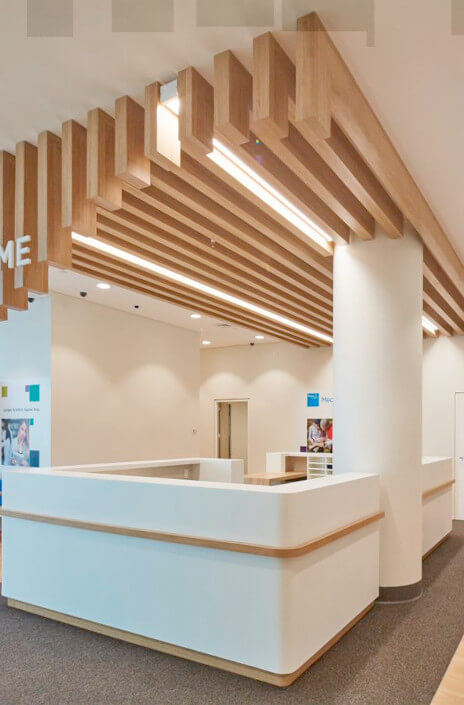
It is no surprise the world of shopping has changed exponentially in the last decade. In fact, you are probably reading this on your phone or laptop right now, with a quick scroll through information on the latest trends in shopping, along with your favourite team’s cricket score. And so it goes with consumers and potential customers looking for the same. However, the relevance of a bricks and mortar shop is still vital, and modern and innovative retailers know how to make their retail store relevant and competitive in the digital world.

1. The line between online and offline shopping has been blurred
Customers are used to seeing their options for purchases vastly expanded by simply Googling their desired products. But rather than eliminate the need for a real storefront, potential, as well as established clients, require these bricks and mortar showrooms to extend their shopping research and experience.
According to Paul Greenberg, CEO of NORA (Australia’s industry body for “new retail”), businesses need to incorporate a “phygital” strategy – both online and bricks and mortar shopping – into your marketing plan. By showcasing your products on your website, and then showing them where they can purchase these items in person, allows your customer the ease of incorporating both shopping options in their buying decision.
This is also an opportunity to further solidify your brand’s permanence in the marketplace, as well as enhance your brand presence during the customer’s shopping experience.

2. Your customers already know what they want
Knowledge is power, and one of the advantages of having a strong online presence is your customer will have already done their research about your products when they step inside your bricks and mortar shop. Even Google’s SVP of Ads and Commerce, Sridhar Ramaswamy, sees this as an opportunity for companies to serve their customers better. “To adapt to the competitive new reality, smart retailers are drawing on classic retailing truths of the past and augmenting them for the now.”
Therefore, when the majority of current and potential customers step into your bricks and mortar retail space, they have already decided your company and brand are where they are most interested in doing business. This then allows your knowledgeable sales staff the advantage of personalised suggestions, therefore closing the sale much quicker and bond for future customer loyalty.

3. More trust in a physical shopping experience
Textual relevance and personal touch are absolutely essential in building trust and boosting sales. In fact, the 2017 KPMG’s global online consumer report found only 16 percent of sales in Australia per person were completed through a company’s website. Even more telling is there was an indiscernible difference between Millennials, Gen X and Baby Boomers in their buying habits in this space, which is important as all three generations are becoming more influential in all buying decisions around the world.
Australians still overwhelmingly trust a bricks and mortar shop during the purchasing experience over online. While this will continue to evolve as the online shopping experience is enhanced with video and 3D vision, adapting and building your company brand (online and in person) is critical for establishing your retail company’s point-of-difference and relevance in this ever-increasing, competitive space.

4. Ability to engage and convert sales with a person
Despite the evolution of online “live chats” and bots, nothing compares with engaging and connecting with a real person who listens, responds and offers expert advice. While your customer is in your bricks and mortar shop, it allows you the real-time ability to guide the sale as you cater to their specific requests and budgetary requirements.
According to research done by BizFluent.com, speaking to a potential client, surrounded by your products which are available to purchase and take home right away, allows your team of professionals to tailor your sales pitch to their personality and responses, therefore allowing them to feel better informed, empowered by useful information, and a sense of importance to you and your company.
Even in our present digital age, personalised service still had a major influence on buyer behaviour; therefore the importance of a bricks and mortar presence for your company could be the difference of winning or losing a client in this competitive environment.

